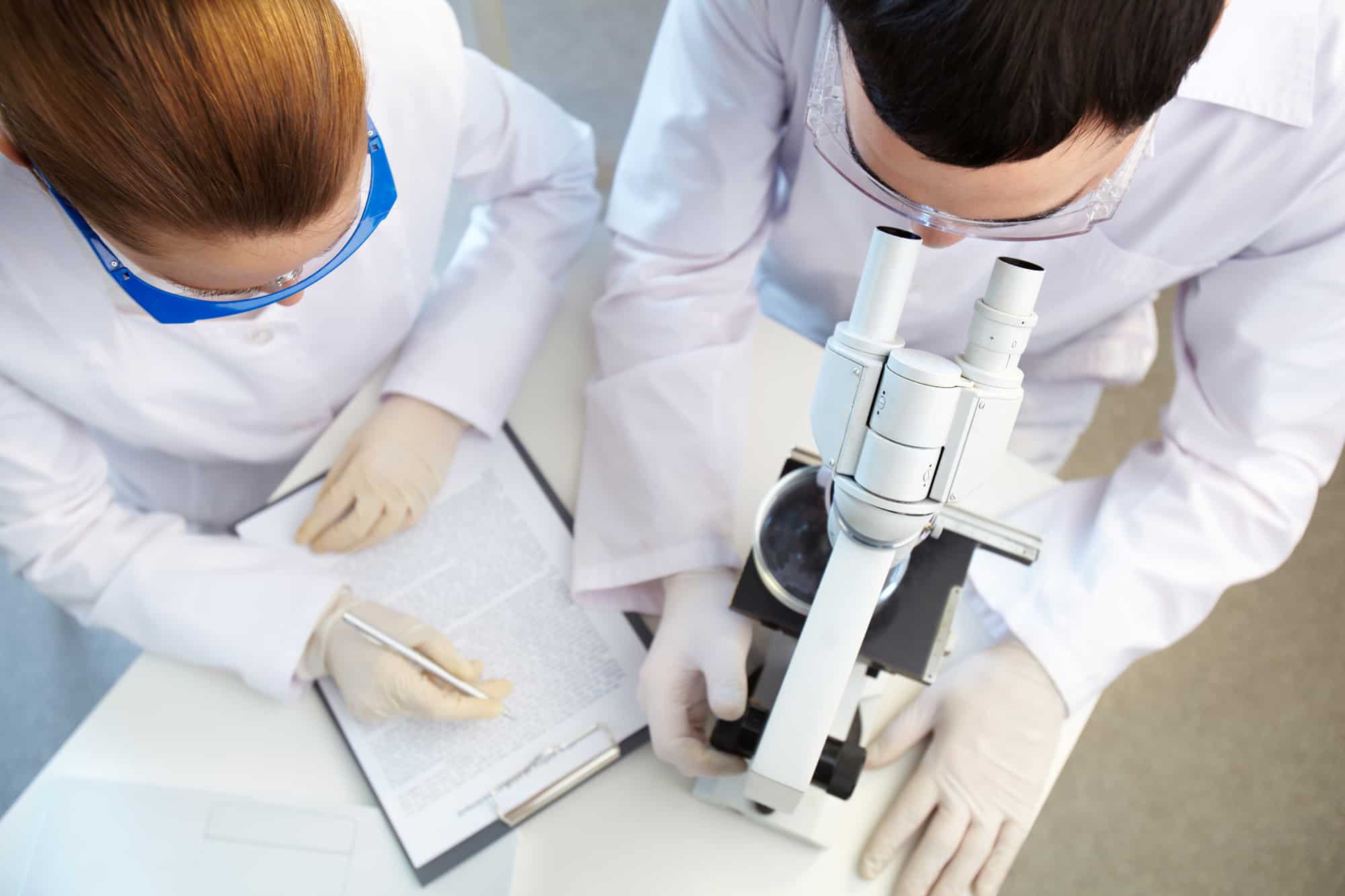Joint Molecular Biology Studies of ASEAN and Russian Universities

In March 2020, the Russia-ASEAN Joint Committee on Cooperation approved a new project as part of cooperation between Russia and ASEAN countries: “Adaptation and Implementation of the Modern Molecular Biology Technologies in the Practice of Agricultural and Wastewater Treatment of ASEAN Countries”.
The project was initiated by Moscow State University (MSU, Russia) and Asian Institute of Technology (AIT), but other universities from ASEAN countries also take an active part in the project. The coordinators of the project are the Ministry of Agriculture of the Russian Federation and the Department of Water Resources of Thailand. The project is designed for 2 years.
This project continues to develop the previous joint Russia — ASEAN project «Scientific and technical cooperation Russia — ASEAN on the development and application of innovative farming technologies in order to increase the sustainability of agro-ecological systems» (AGF/ARD/16/003/REG). It was successfully completed in 2019 and created an international team of scientists, who are aimed at implementing innovative environmentally friendly technologies in agriculture of the ASEAN countries and Russia. Since the economies of most ASEAN countries are based on agriculture, its ecological and sustainable development requires modern molecular biology monitoring methods and agricultural research.
As part of the project, the experts study bacterial structures of soil and sediments in treatment plants in order to introduce modern technologies in agriculture (e.g. bacterial-humus preparations, new wastewater treatment systems).
The project includes the work at three sites in Thailand and Vietnam. Initially, there will be a literature review followed by a selection of the most significant pathogenic microorganisms (bacteria and viruses) for the region and preparation of a molecular biological test system to detect these pathogens in wastewater. Then, a quantitative analysis of these pathogenic groups before and after treatment will be carried out and, if possible, in downstream of the discharge site to identify a potential hazard and determine the most successful technological scheme.
In the past 10 years, molecular biology methods have been actively developing in the world. They allow studying the structure of microbiological communities and microbiological processes.
Diagnostic microbiology makes it possible to develop fundamentally new agricultural technologies (for example, bacterial preparations instead of mineral fertilizers for nitrogen fixation and biological control of pathogens) and new water treatment systems (with the removal of nutrients to control eutrophication in water bodies).
The use of modern molecular biology, microbiology and bioinformatics methods for a better understanding and control of these processes will allow us to use natural resources more efficiently and minimize agricultural waste, which is one of the key factors contributing to a stable and safe growth of agriculture in the ASEAN region.
If you want to participate in our projects – just contact us!
